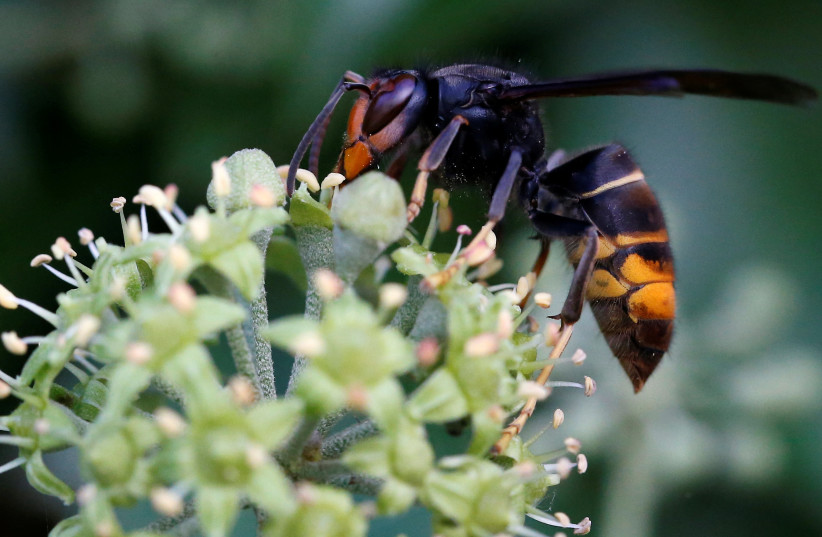A study published in the peer-reviewed scientific journal Royal Society Open Science found that Asian honey bees (Apis cerana) produce sounds very similar to human screams when their hive is under attack by hornets.
The bees begin to shriek, not by using their vocal cords (bees have no voice box), but by aggressively flapping their wings. “There is something very human and very familiar in these sounds”, said Dr. Heather Mattila of Wellesley College, who led the study, in an interview with The New York Times.
Dr. Mattila first heard the screaming sounds while studying the bee's defense methods against hornets, who eat honeybees and can devastate beehives by killing up to 40 bees per minute, according to a University of Florida study.
To discover why bees produce these screaming sounds, researchers placed a paper soaked with the smell of the Vespa soror hornet species – one of the species of hornets that attacks bee colonies – near the hive. The reaction from the bees was to ready their defenses – most prominently the shrieking sound that drew the researcher's attention – which alerts the other bees about the attack and calls them to action.

Asian honey bees may also protect their hive by blocking hornets off from the hive entrance using their bodies as shields, surrounding feeding hornets in a large group until the hornet suffocates, and even collecting animal feces and placing it around the entrance to deter the hornets with the odor.
“This research shows how amazingly complex signals produced by Asian hive bees can be”, said Dr. Matilla’s colleague Gard Otis. “We feel like we have only grazed the surface of understanding their communication. There’s a lot more to be learned”.
